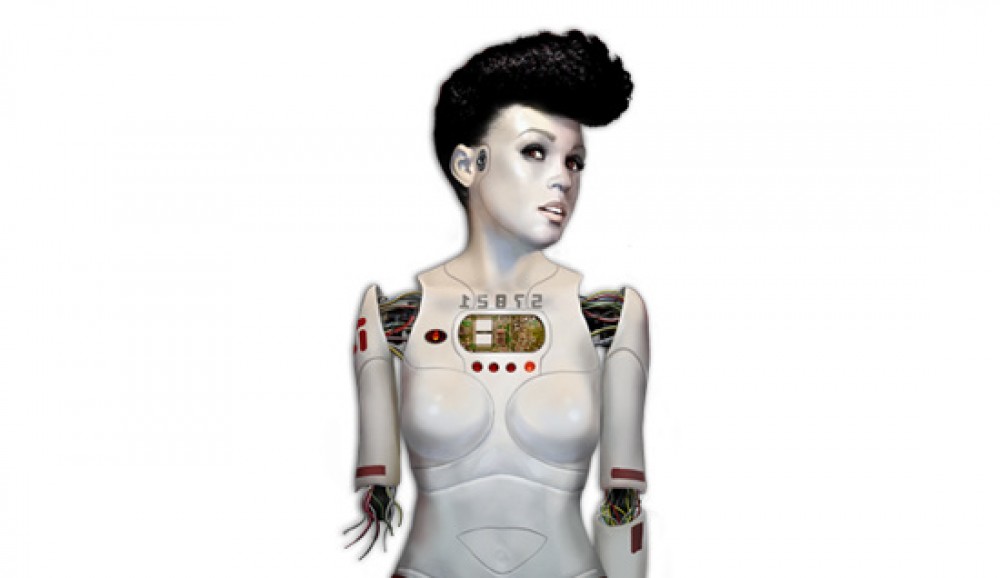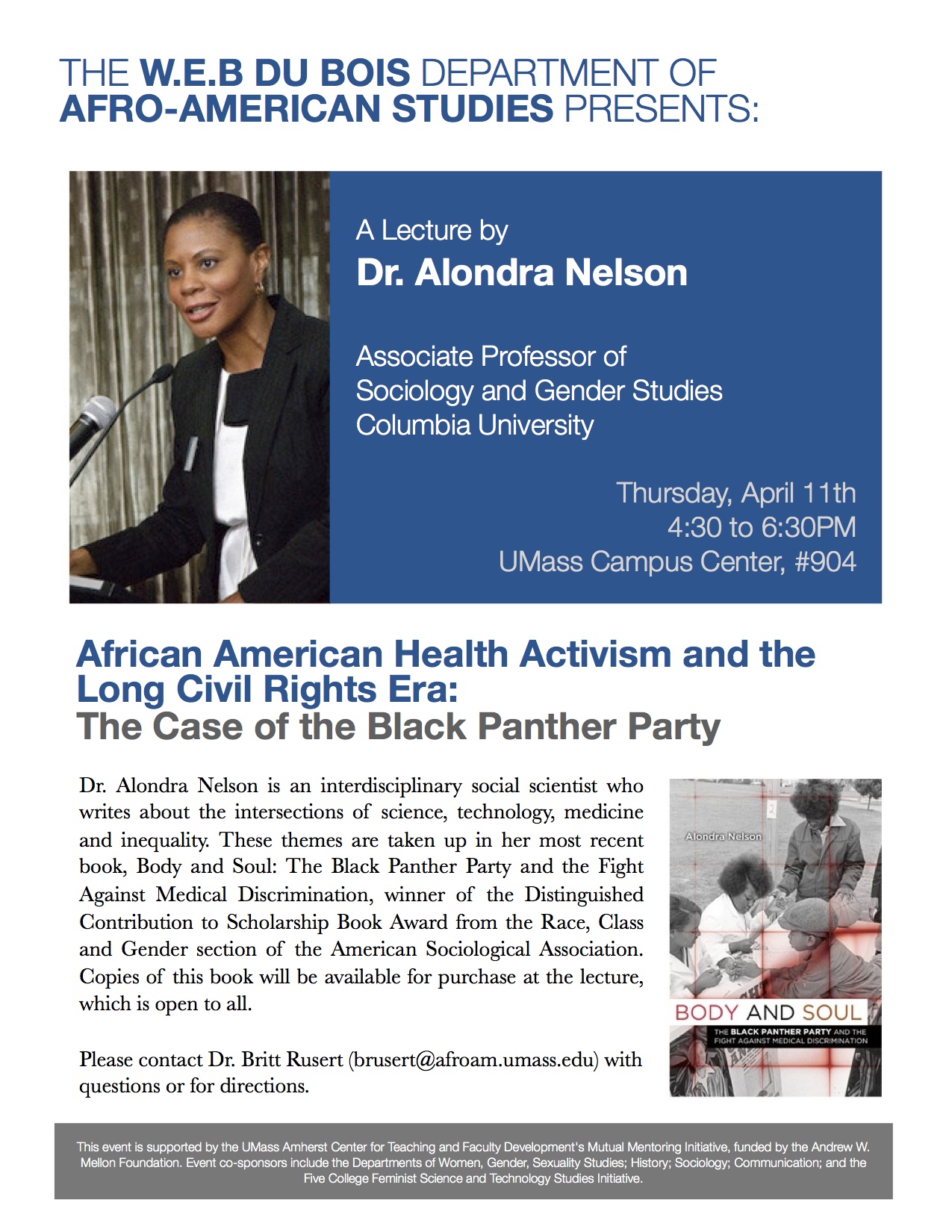Monthly Archives: March 2013
Archiving Afrofuturism
The Science Fiction Poetry of Sun Ra
Morrison on Memory
From xianzhi:
Two articles by Toni Morrison on memory and history, for consideration alongside Stephen Best’s “On Failing to Make the Past Present”
Alondra Nelson at UMass, Thursday, April 11th
Octavia Butler: Science Future, Science Fiction
[youtube]http://youtu.be/IgeyVE3NHJM[/youtube]
J. Cole and Utopia (or Blutopic)

From our conversation this week about Hip-Hop and its connections to Utopian thought, there is a burgeoning group of black rap artists who are working to get to a more (or back to a) conscious state of HipHop while maintaining a mainstream audience. These rappers include the likes of Kendrick Lamar, B.o.B., Big K.R.I.T. and, my personal favorite, J. Cole.
J. Cole is signed to Jay-z’s RocNation and is in many ways expected to carry on the lineage of Jay-z and Kanye West and the Roc-a-fella dynasty. But J. Cole has a story that is worlds different from Jay-Z’s grimy, street drug narratives and Kanye West’s word images Chicago through the lens of a cocky black man. Jermaine Cole was born in Germany to a white mother and black father. He was raised in Fayetteville, North Carolina, which he chooses as the backdrop to majority of his lyrical tales. Cole believed he would have a better chance at securing a record deal in New York City and thus attended St. John’s University. His rap career did not take shape until he graduate magna cum laude of his class. As a HipHop artist, Cole is arguably in a different world than majority of his contemporaries and even further away from his predecessors, as he quite often chooses college as the subject of his rhymes and makes allusions aspects of the black collegiate experience. Further, Cole considered (and is still considering) graduate education as an alternative if his rap career had not rocketed (now: as another avenue of creative ingenuity and true knowledge acquirement, rather than as an alternative to his rap career) . Education, especially higher and professional education are not mainstay topics in mainstream HipHop and popular rap music. Further, he occupies a unique space being from North Carolina that is not dirty South rap nor is it East Coast rap but somewhere in the middle, with a little college kid/backpacker mixed in.
J. Cole constructs various spaces that are both utopian and dystopian, or (maybe Nathaniel Mackey’s Bluetopic is a better term) influenced. Since his debut mixtape, The Warm Up, Cole references three distinct terms that he uses to build imagined, lived and perceived worlds for his fans to enjoy, learn and grow from. These terms are Dreamville Fayettenam, and Cole World. He often references Dreamville and Fayettenam in his ad-libs, these two ‘places’ (they do not occupy a physical space but are derived from reality so I suppose metaphysical places is a better term) can represent an imagined future and the woes of the present respectively. Dreamville is a place where J. Cole envisions a better place for himself and the people he knows, mainly Fayetteville, NC inhabitants. Cole actually attempts to bring this imagined world to fruition through the establishment of a non-profit organization, aimed at helping inner city youth in North Carolina. Dreamville is a liminal space between his lived experiences growing up in Fayetteville and a better imagined dream place. In my opinion, Fayettenam is the combination of Fayetteville and the horrors of 1970s wartime Vietnam, as Cole views his hometown in a perpetual war space that injures both mentally and physically, its inhabitants. The imagery of a war ravaged place that is in need of healing but no help is on the way appears in my mind when I am rocking out to his music (which is probably far more to often than I care to admit lol). In his stories about Fayettenam he illuminates the dregs of his hometown. Last, he often talks about Cole World which, can be phonetically heard as cold world. Cole World is used to describe his lyrical dexterity and prowess while adding color to the ways in which he views the beauty and ugliness of this world.
It is through these unique terms that J. Cole accesses Nathaniel Mackey’s Blutopic. Mackey describes Blutopic as “This thirst or demand or desire sounds a sometimes dark note, a note whose not yet fulfilled promise bends it and turns it blue.” Mackey goes on to explain that the Blutopic is serial in nature due to repetition of attempted advance, the reaching of a limit and then the need to start again. For his die hard fans, Cole’s artful ability to keep us on the edge of our seats patiently (and times agonizing and impatiently) waiting for another drop, twit, interview or any ripple in the universe to signal that he hasn’t forgot about our hunger for his art is that thirst, demand and desire Mackey is describing. (J. Cole often pushes back his release dates, vanishes from social media for months at a time and is unlike other artists who are usually featured on other records while recording their own to remain relevant.) Further, J. Cole represents Mackey’s seriality or recursiveness through both the a fore mentioned unique J. Cole terms and his self-description is of having both a horn and a halo (Check the image above both are present in the spelling of his name). Dreamville and having a halo, or being able to articulate the beautiful and wondrous aspects of existence represent the attempted advance or, for Cole, the attempt to leave Fayettenam and enter Cole World; or a genuine journey to be a good person. Dreamville can arguably be viewed as the space where Cole reaches the limit, as it is that middle space between where he came (Fayettenam) and where he wants to be (Cole World). It is in Dreamville where he reaches the limits society places on him and then must begin again in Fayettenam on his quest to find his Cole (cold) World.
I leave you with a song from his Friday Night Lights mixtape which is derived from Nas’ popular and critically acclaimed, Illmatic. It is an appropriate way to highlight how Cole is both taking HipHop back to the space of the ‘Golden Era’ and advancing in a new direction and time. Villematic
[youtube]http://www.youtube.com/watch?v=FbM4-RgOI8A[/youtube]


